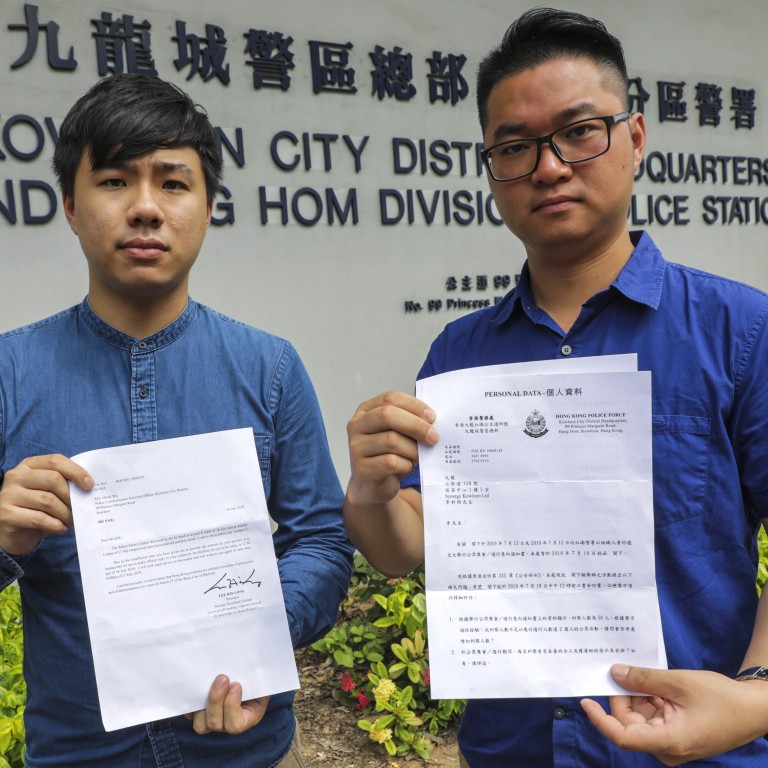
Hong Kong police demand march organisers answer 32 questions before getting go-ahead, prompting fears freedom of assembly is being undermined
- Police issue questions in two batches to Synergy Kowloon, which is applying to hold march against influx of mainland Chinese tourists in Hung Hom
- Other activists say move is unusual and could be intended to push up administrative costs for organisers of future protests
The Hong Kong Police Force has asked a small community group organising a march against mainland Chinese tourists to answer dozens of questions about its planning and security arrangements, sparking fears that freedom of assembly is being undermined.
The force’s inquiry about Synergy Kowloon’s plan came after warning earlier it might ban the rally over concerns about more clashes between protesters and frontline officers in the wake of recent extradition bill protests.
Synergy Kowloon, which had been planning a march in Hung Hom on July 27 against large groups of tourists from mainland China in the area, said it was seeking legal advice on whether to reply as instructed, worrying that doing so would set a precedent for the government to tighten its grip on the freedom of assembly.
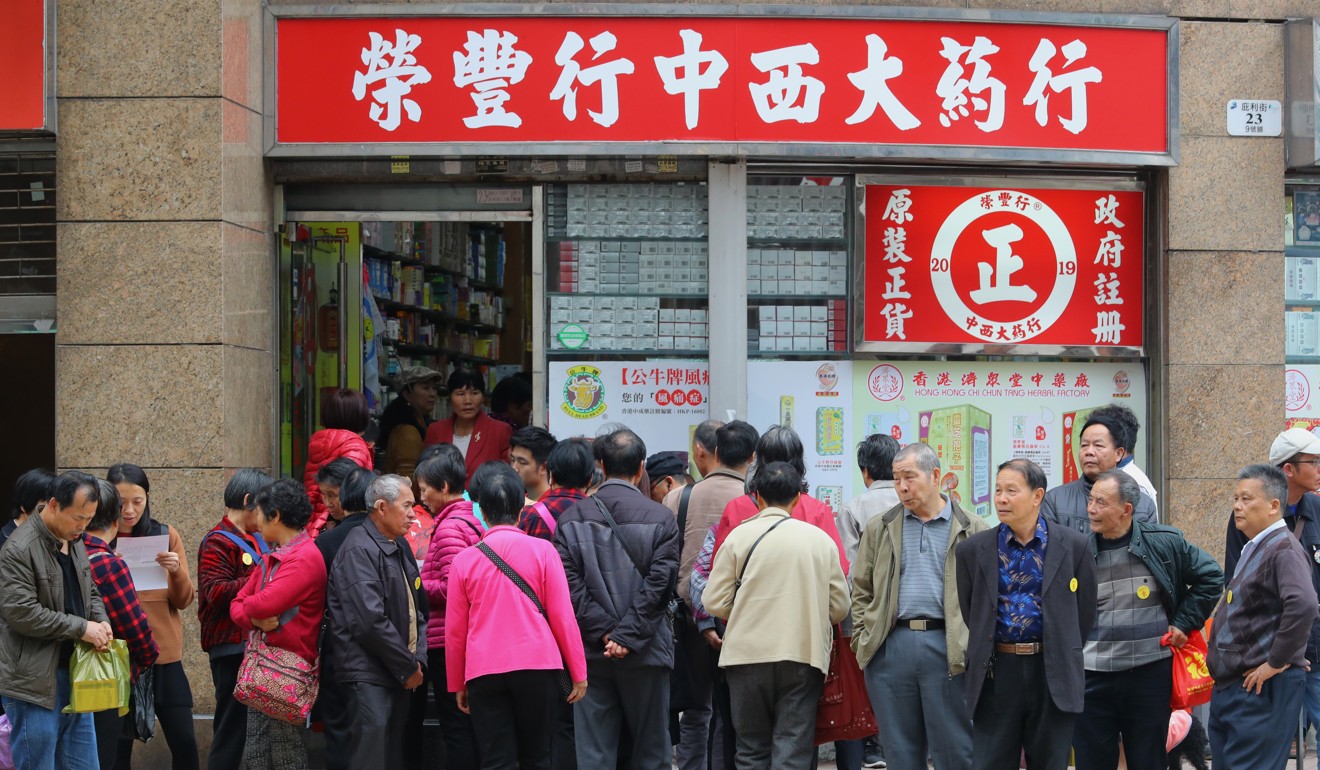
“It is very rare for police to ask a march organiser to hand in a written response to such a long list of questions,” Lee said. “I am afraid it might be intended to raise administrative costs for all future organisers.”
Rights groups denounce escalating violence from protesters and police
There were 12 questions in the first batch, following by another set of 20 questions, which police said needed to be answered for “detailed analysis”.
The inquiry came after two peaceful marches last weekend, one of which – against the extradition bill – ended violently.
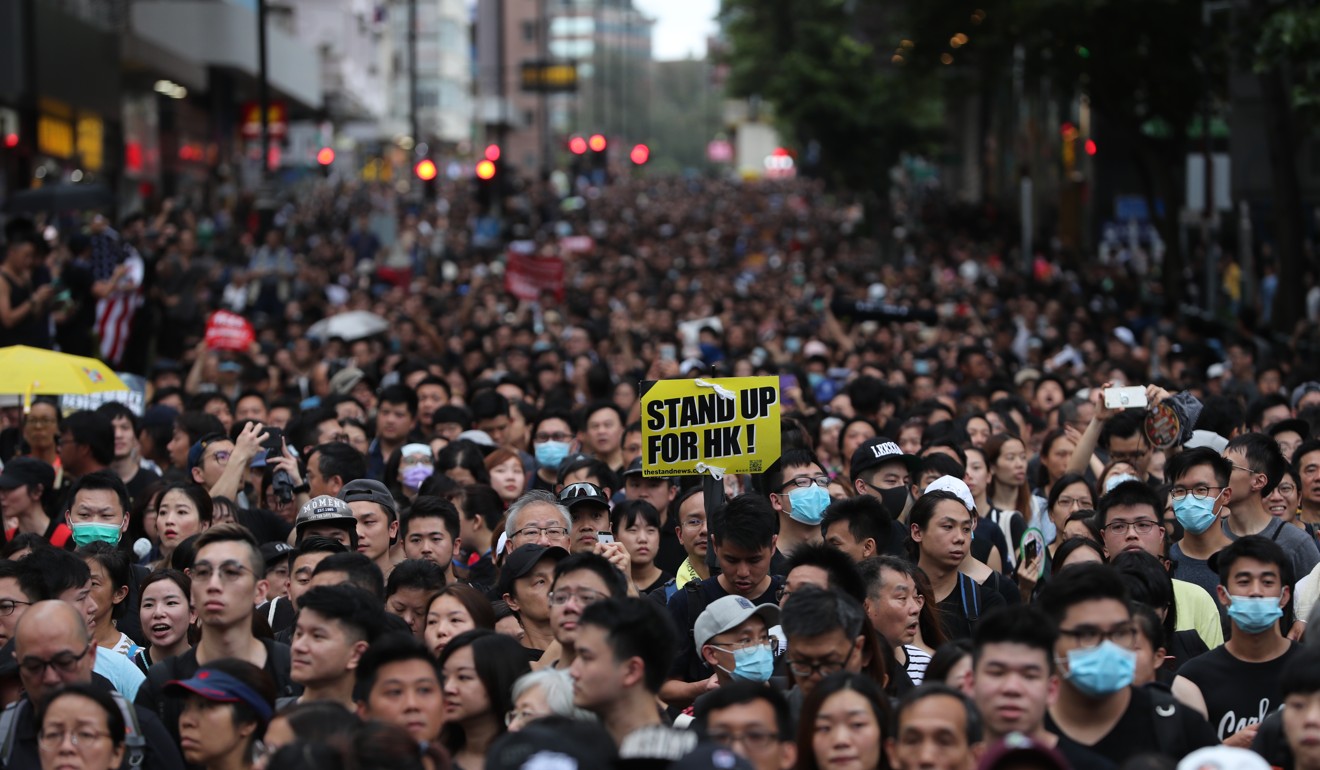
The questions ranged from the background of the organiser, the theme of the march, the arrangement of pickets and how they might accommodate a turnout as big as 20,000, to whether they had notified different government departments along the route.
Further questions related to how they would ensure marchers followed the designated route and how they would handle those who disrupted public order and broke the law.
Pro-democracy lawmaker withdraws bill to send murder suspect to Taiwan
Lee said he told police they would reply on Monday.
Lee founded the group with two other people in 2017, working actively in district council constituencies. He said the group had dozens of members but it was not the only organiser of the march, as many young internet users had helped out.
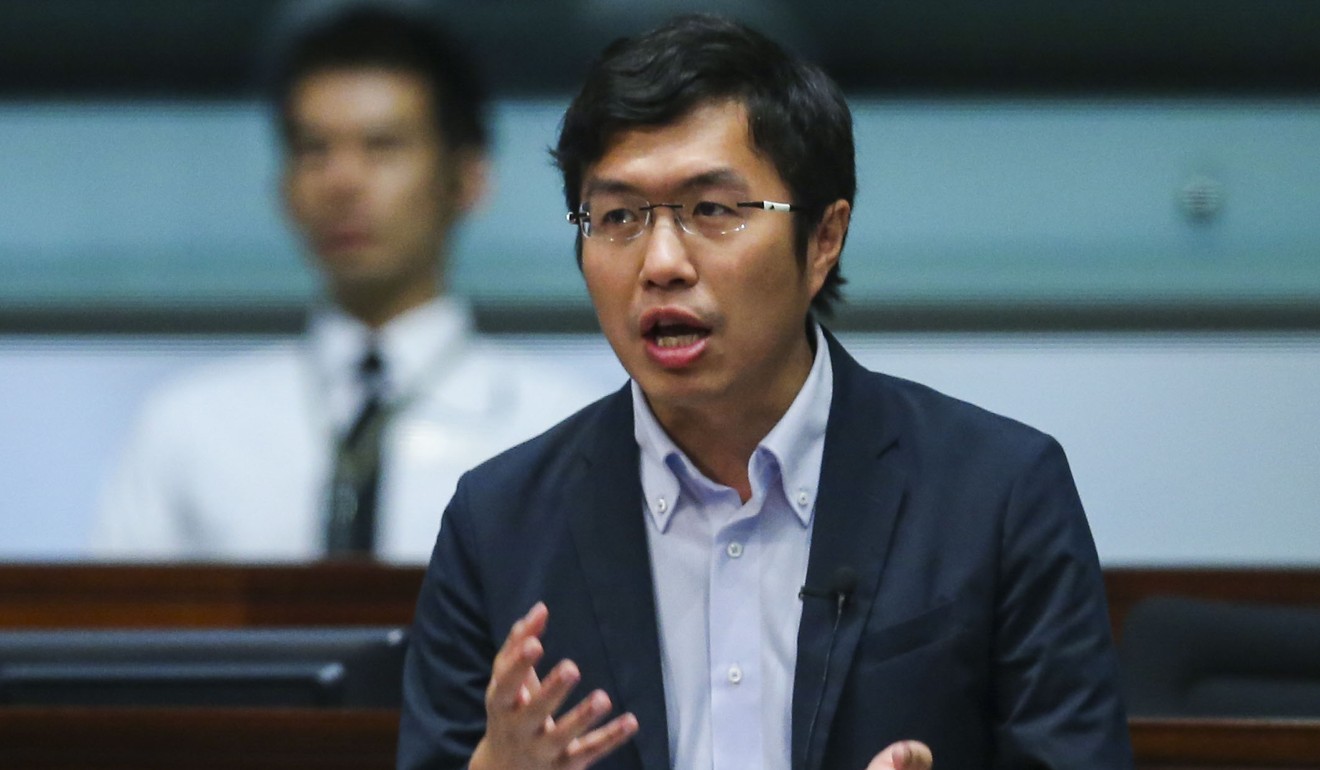
After a meeting on Thursday afternoon, Lee said police had inquired about the organisers’ security arrangements but did not say whether the green light would be given.
“If police issue a ban, we will consider expressing our opinion in other peaceful ways.” Lee said.
I am afraid the city’s freedom of assembly is being undermined and police are getting selective in approving protest marches
Lawmaker Au Nok-hin, a former convenor of the Civil Human Rights Front, which organises the annual July 1 pro-democracy march and the massive protests against the now-suspended extradition law, said the police request was unusual.
“The front has never been asked to answer such a long list of questions. I am afraid the city’s freedom of assembly is being undermined and police are getting selective in approving protest marches,” Au said. “The organiser is new and has no problematic track record.”
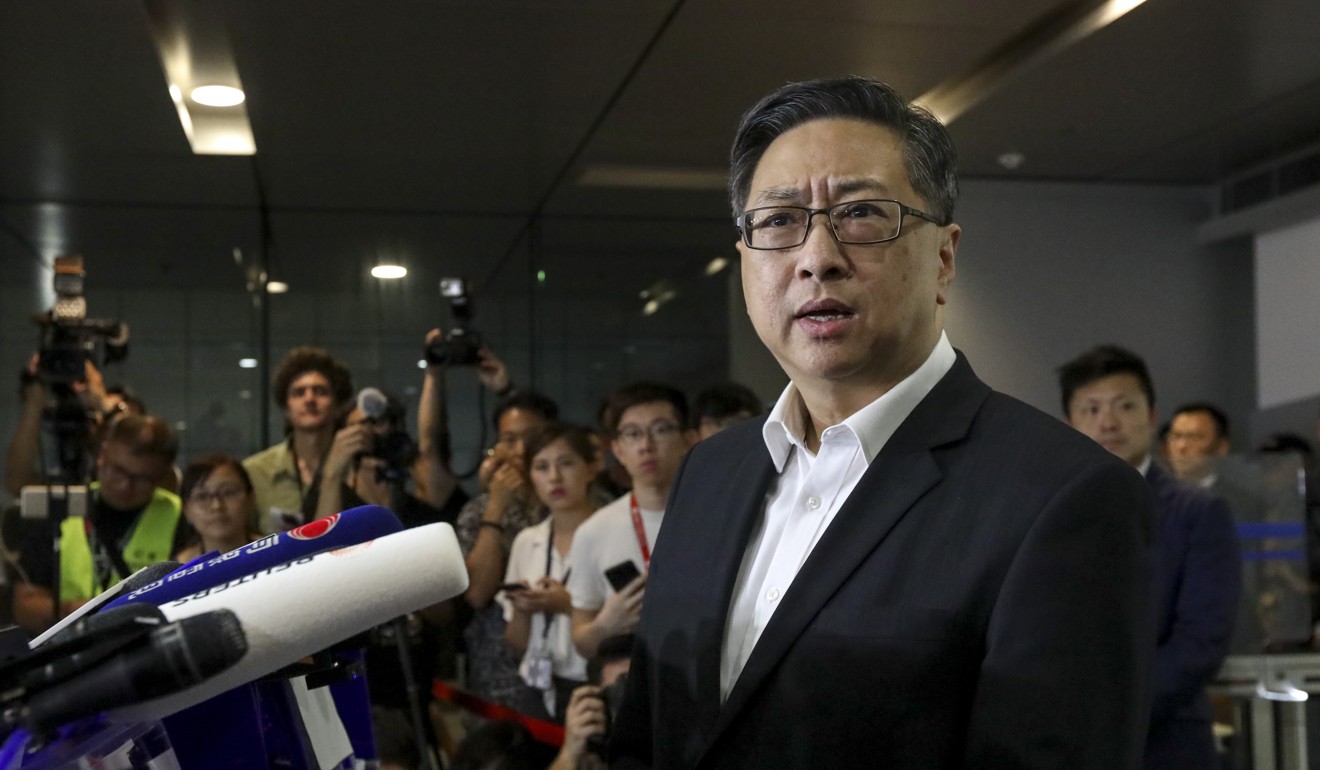
Legal scholar Johannes Chan Man-mun said it was reasonable, although rare, for police to ask for detailed analysis from organisers following clashes, but he reminded the force it had a duty to facilitate peaceful assembly and there had been a high threshold for the police force to deny a rally.
Chan said as long as the organiser took reasonable steps to ensure order and deployed sufficient marshals along the rally, they could not be expected to guarantee the behaviour of each and every participant.
“Police should not shift the entire responsibility of maintaining order onto the organiser – if there are no marshals to do so,” Chan said.
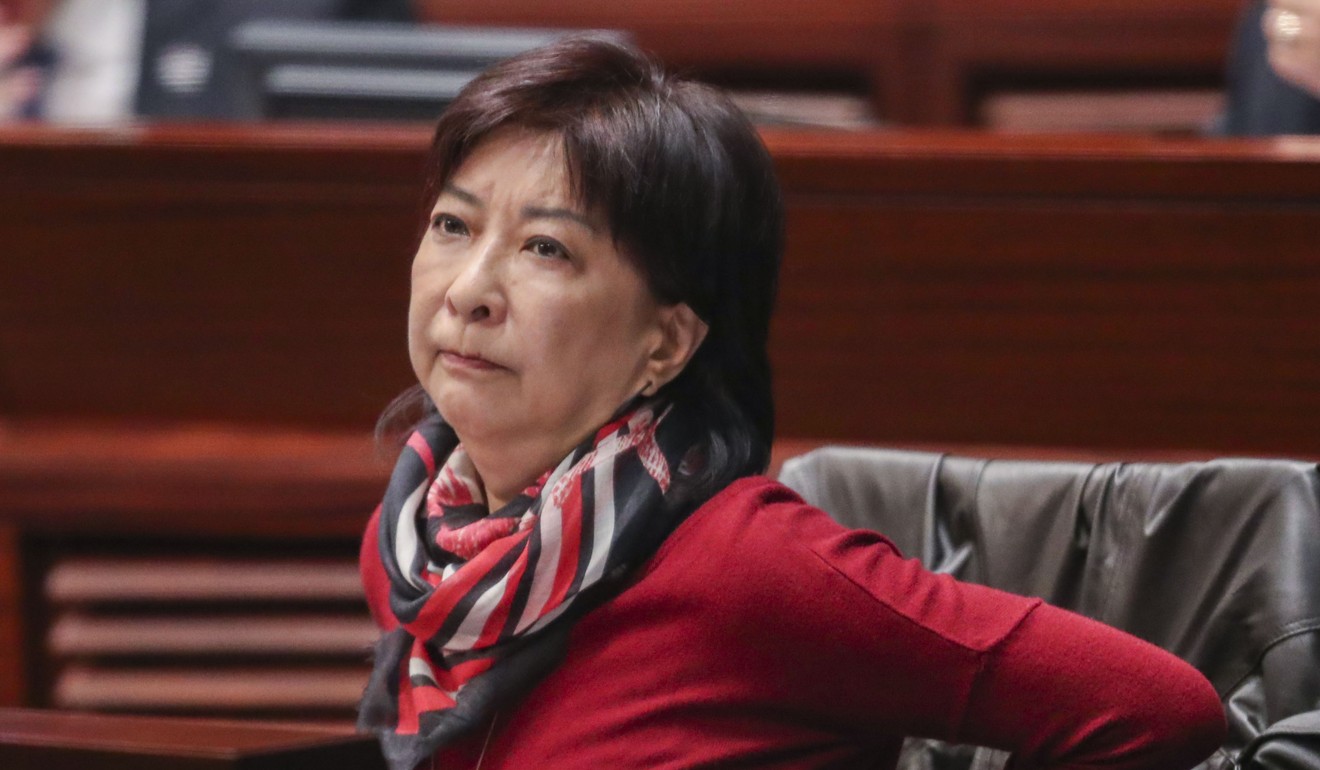
Pro-establishment lawmaker Ann Chiang Lai-wan on Monday wrote to police chief Stephen Lo Wai-chung urging him not to grant letters of no objection to protest organisers in the interests of national security or public safety.
Speaking on a radio programme on Thursday, another pro-establishment lawmaker, Chan Hoi-yan, echoed her comments.
“Could we stop for a week or two to alleviate the tension?” Chan said. “I am not suggesting not approving any rallies ever again. We just need to take a break for maybe a week.”
Additional reporting by Alvin Lum

